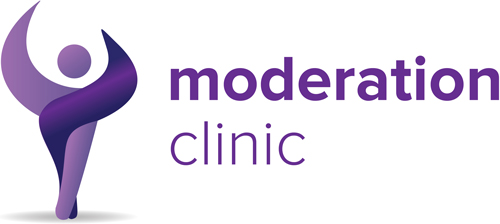Get therapy from an experienced Binge Eating Disorder Psychologist in Redcliffe.
Binge Eating Disorder (BED) is the most common eating disorder, characterised by recurrent episodes of eating large amounts of food, a feeling of loss of control during the binges, and experiencing shame, distress, or guilt afterwards. Unlike bulimia, there is no regular use of purging, fasting, or excessive exercise to compensate for the binges. Therapy for BED aims to address the psychological underpinnings of the disorder, improve self-esteem, and establish healthy eating patterns.
Cognitive Behavioral Therapy (CBT) is considered the gold standard in treating BED. It helps individuals understand the connection between their thoughts, feelings, and eating behaviours and develop strategies to change the binge-eating cycle. CBT techniques might include monitoring eating habits, identifying triggers for binge eating, learning to tolerate discomfort and emotional distress without turning to food, and building a healthier relationship with food and one’s body.
Interpersonal Psychotherapy (IPT) is another effective treatment, focusing on the role of personal relationships and emotional needs in binge eating behaviours. IPT helps individuals improve communication skills, resolve interpersonal problems, and explore how relationships influence eating habits.
Dialectical Behavior Therapy (DBT) teaches coping skills to manage stress, regulate emotions, and improve relationships, which can help reduce the impulse to binge eat. Nutritional counselling is also critical, providing education about healthy eating and helping to normalise eating patterns.
Medications, such as antidepressants or antiepileptic drugs, may be prescribed alongside therapy to help manage symptoms. A comprehensive treatment plan combining psychotherapy, nutritional counseling, and sometimes medication offers the best approach to overcoming BED and improving overall well-being.
